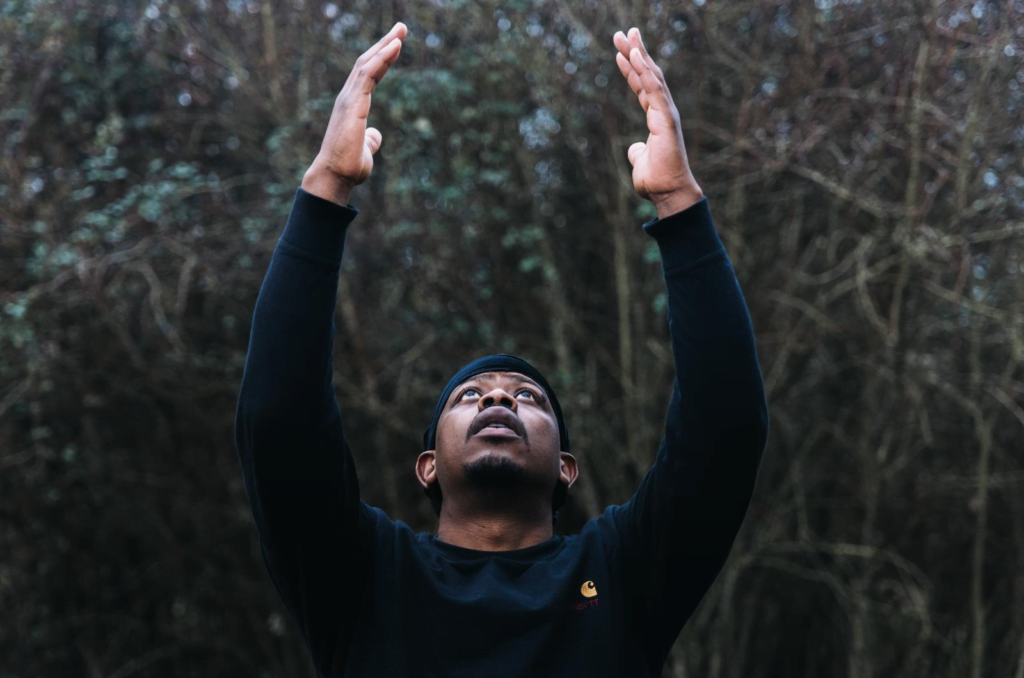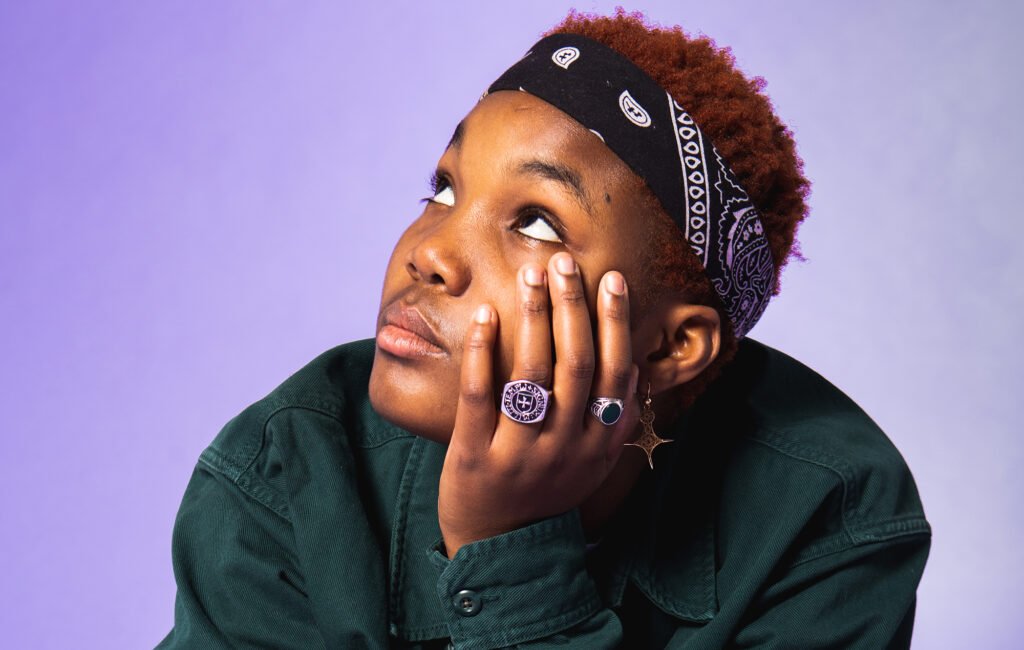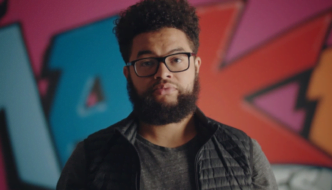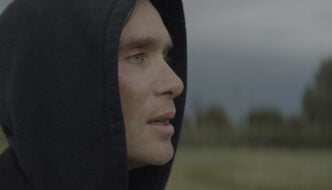
Saili Katebe by Dan Martin
I realise I’m jumping the gun a bit here. We’re an awful long way from truly knowing what a post-COVID world will look like and still will be even when restrictions are first lifted. And I’ve no clue whether the government’s latest roadmap will come to fruition or not. But with that date of 21 June being dangled in our diaries, we’re at least able to start dreaming of a life beyond the pandemic.
It seems to me as though poetry has adapted much better than most art-forms over the last year. Partly because it doesn’t have to be distilled or compromised in order to be presented online. Partly because it’s the strongest forum for pushing diversity and representation, which became far more prominent in 2020. Partly because, at entry-level, it’s accessible and digestible. And partly because it’s now inching its way even further into mainstream culture.
Don’t get me wrong – it’s now over a year since I experienced live poetry in person, and I miss it like mad. Nothing will ever beat the real thing. But the way that poems are performed on camera at home can essentially be the same as the way that they’re performed on stage. And because it’s just one person, speaking directly and intimately, you don’t miss any of the dynamic or movement that you might miss from a theatre show.
Book sales have soared during the pandemic and poetry books are a part of that. But for the hundreds (if not thousands) of poets whose books were published during the pandemic, launching the books virtually became a new art-form itself. Book launches on Instagram Live. Subtitled poem-films created on smart-phones. Binaural sound-scaped recordings of the collections. Podcasts by the publishers and, yep… Insta poetry.
None of these outlets saw the poetry suffer in any way, and rather than having to clip it or rearrange it in some way, it just slotted perfectly into a different box. Geographical barriers, financial barriers, and accessibility issues have all been broken by this new wave of virtual poetry, which is set to remain.
Apples + Snakes @ Home Series 3 focused on Black and Brown artists
The murder of George Floyd at the end of May had a colossal impact on a world in lockdown. Black Lives Matter protests on the streets, statues being toppled into rivers, and sports stars taking the knee before every competitive fixture. Suddenly, diversity and representation were at the forefront of every conversation.
A lot of companies failed to disguise the fact that they were addressing these issues through anything other than enforced virtue-signalling. It was painful at times, so much so that it angered a lot of folk. And whilst I don’t want to give airtime to their toxic counter arguments, BLM has unfortunately become an incredibly divisive movement.
But one scene that didn’t need to adapt was the spoken word poetry scene. I specifically say ‘spoken word poetry’ because – much as I hate to say it – the more traditional poetry scene is still largely white, middle-class, and male.
Indie poetry presses were already publishing under-represented voices. Spoken word nights were already championing diversity. And as the late Lawrence Ferlingetti once said, “Poetry the shortest distance between two humans.” So, if we’re to increase empathy and understanding between different lifestyles and cultures, poetry is the way forward. If you can’t say it in a poem, where can you say it?
Poetry is to literature what the ukulele is to music. It doesn’t take long before you can feel like you’re getting into the swing of things, and – relatively speaking – it doesn’t take long before you can feel confident enough to perform on stage. That doesn’t apply to everyone, of course, but in general, it does.
A huge increase in reading during the pandemic has naturally led to a huge uptake in writing. A lot of writer development organisations are overwhelmed (in a good way) with the surge in new writers. And whilst I’m not saying that poetry is easy (if you think it is, you’re doing it wrong), the sense of accomplishment after writing a poem is far easier to attain than say a novel or a screenplay.
What’s most important, though, is that it’s an accessible outlet. You can be an incredibly gifted writer and know everything there is to know about poetry in a technical sense, but if you don’t have anything to say, you won’t write good poetry. And you can know sweet FA about poetry but have something breathtakingly powerful to say.
Perhaps this is inverse snobbery, but in 2021, I’d rather read a poem by a refugee or a care worker than an Oxbridge graduate.

Arlo Parks by Jenn Five
You’d have to have been living under a rock not to have seen Amanda Gorman’s poem at the Inauguration. Shortly afterwards, she read one at the Super Bowl. Undoubtedly the two biggest stages in the US. And of course, Gorman’s poetry has been slated as being simplistic. But the ripple effect of positivity has spread far wider than the sneers.
I’m not the best-placed to weigh-in on the debate over poetry in adverts. George The Poet’s work with Coca-Cola last year had a lot of agencies scrambling for the next big spoken word campaign. But in general, it’s becoming far more prominent – from the rise of Kae Tempest or Rupi Kaur to music stars like Arlo Parks speaking about poetry before lyrics.
The relentless 24-hour sensationalist news cycles twinned with an over-reliance on social media during the lockdown means that we’re suffering from content overload. Poetry can cut right through that and give you something to latch onto. It can make sense of situations that otherwise seem baffling. And now it’s regularly on TV as well as at weddings and funerals.
So, I guess what I’m saying is, whilst the pandemic has been utterly brutal, there are some silver linings. And the fact that poetry is in such a powerful position as we creep towards the light at the end of the tunnel gives me a healthy dose of hope for the post-COVID world.




Comments